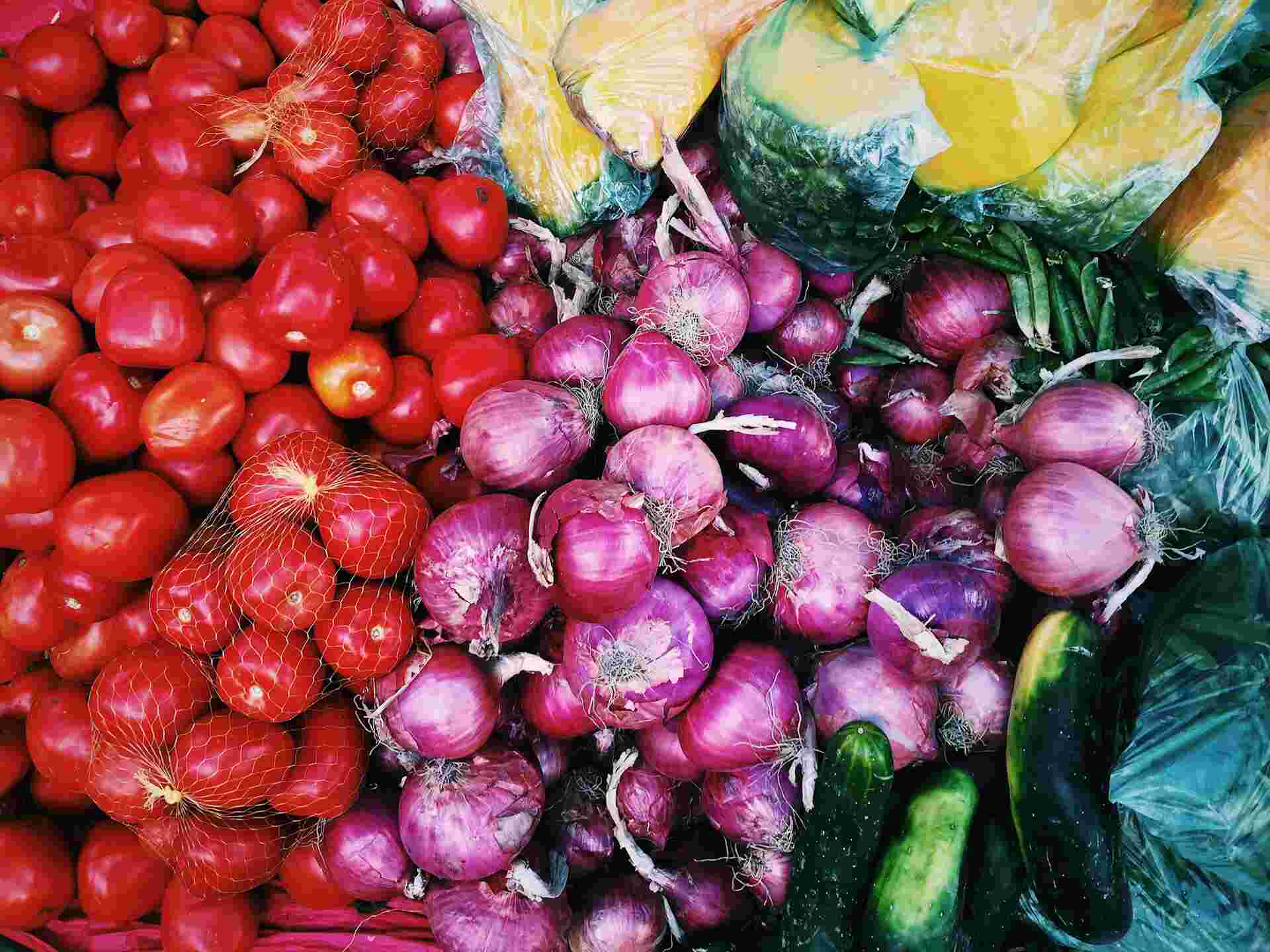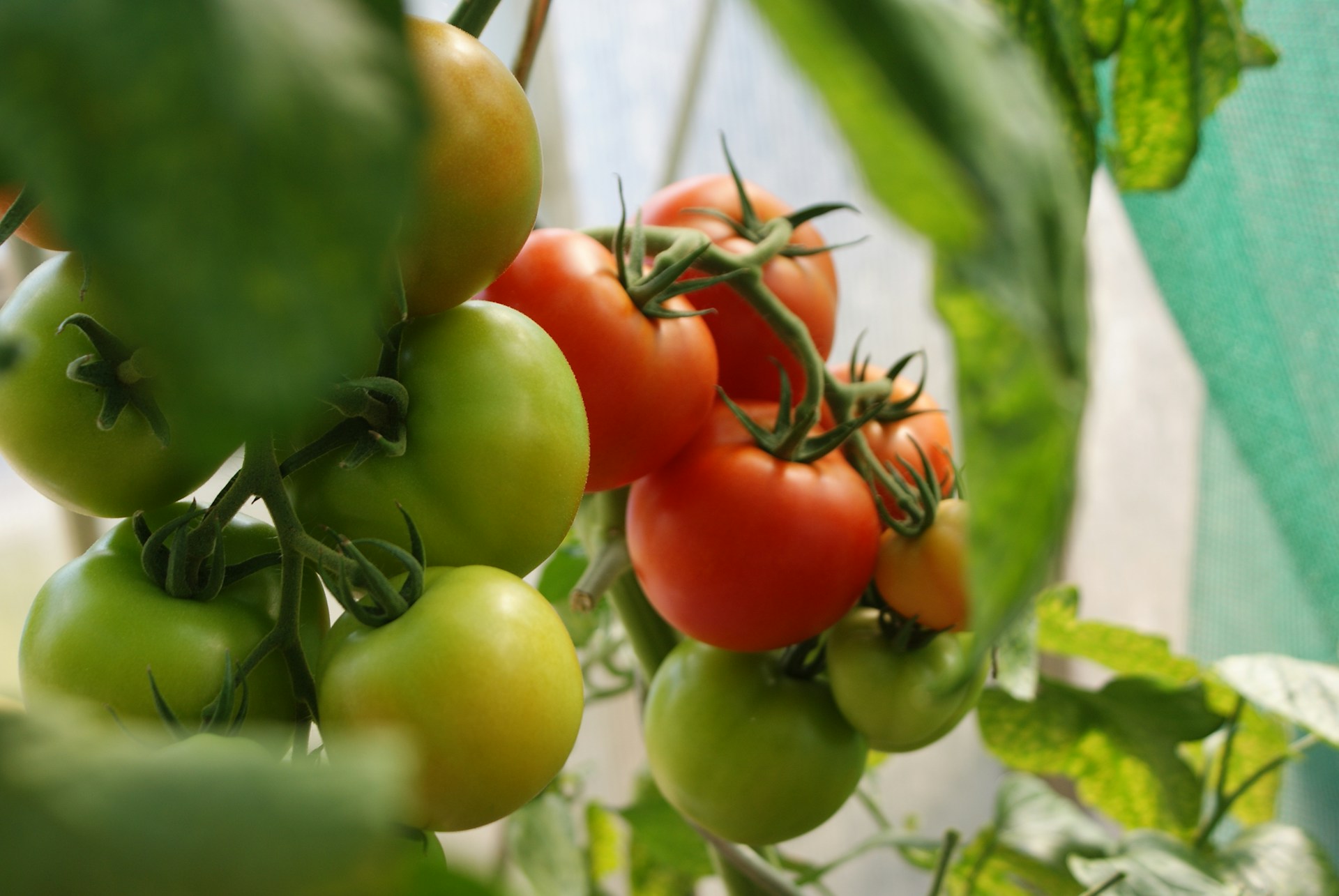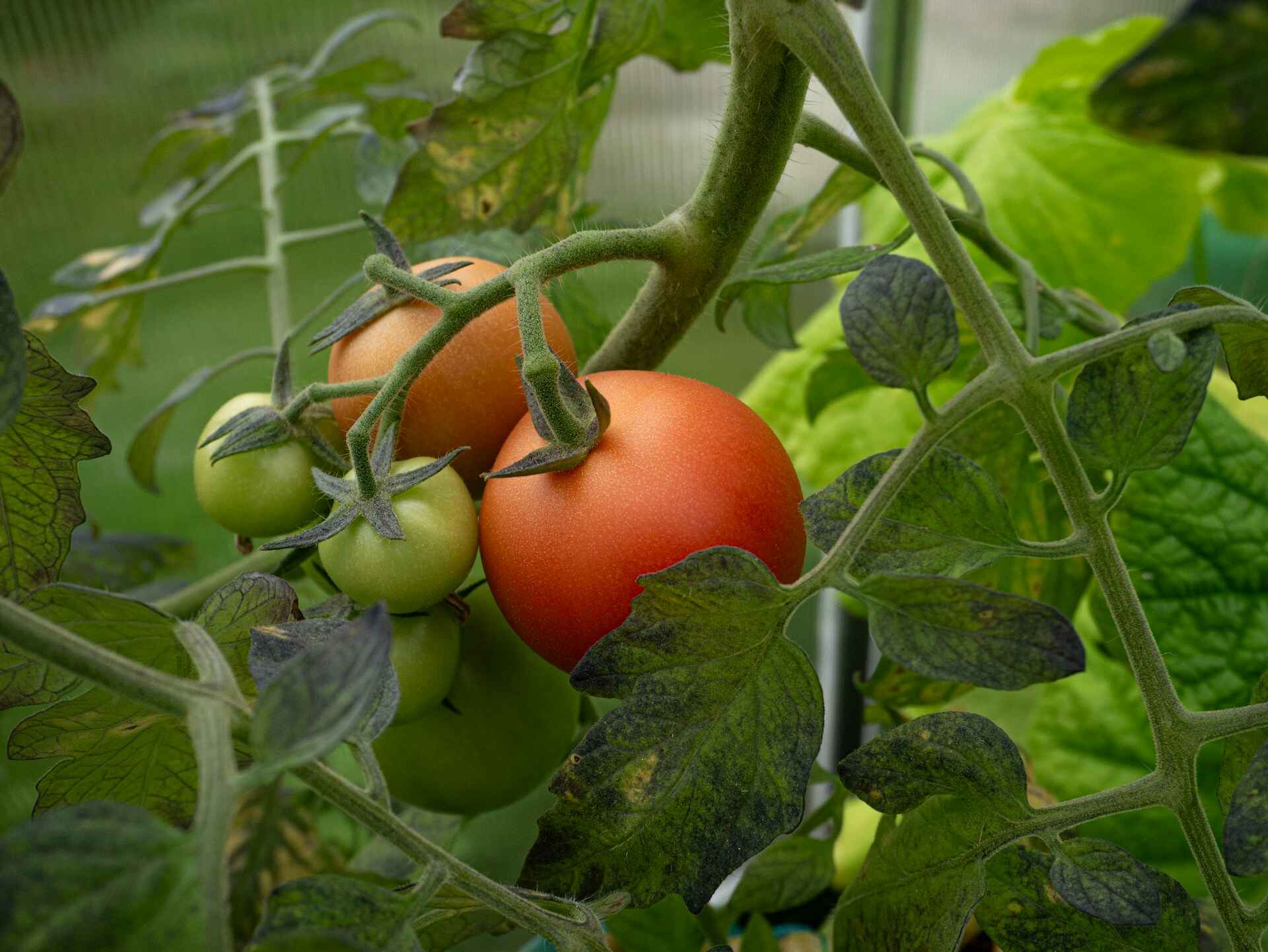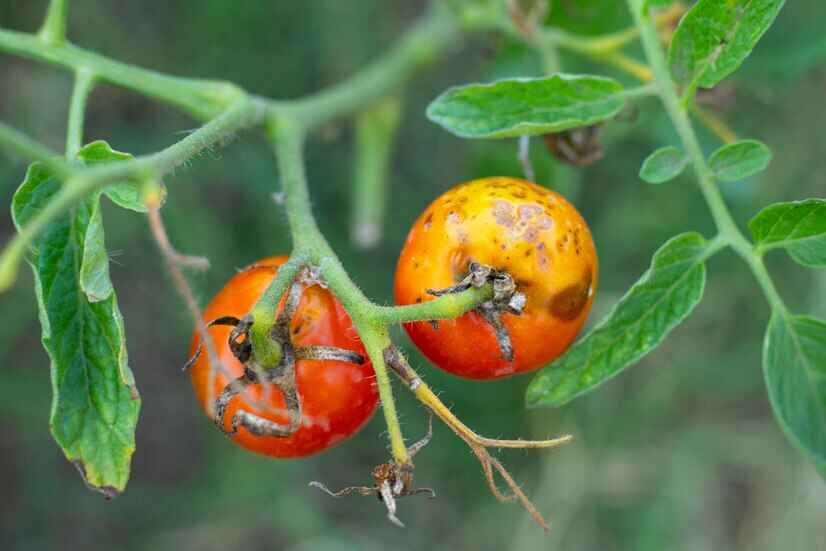Vegetables are essential for a healthy diet, offering a wealth of nutrients and flavors. Among the vast variety of vegetables available, some stand out as dietary staples due to their nutritional value, versatility, and widespread cultivation. The 4 main vegetables commonly recognized worldwide are:
1. Potatoes
Potatoes are one of the most widely consumed vegetables globally. They serve as a staple food in many cultures, thanks to their versatility and carbohydrate content.
- Nutritional Benefits:
- Rich in complex carbohydrates, providing energy.
- Contains potassium, vitamin C, and dietary fiber.
- Low in fat when prepared without frying.
- Culinary Uses:
- Can be baked, mashed, roasted, or fried.
- Used in dishes like mashed potatoes, fries, soups, and stews.
Potatoes are an excellent choice for affordable and filling meals.
2. Tomatoes

Technically a fruit, tomatoes are often treated as a vegetable in culinary contexts. They are a cornerstone ingredient in countless cuisines.
- Nutritional Benefits:
- High in vitamin C, potassium, and antioxidants like lycopene.
- Lycopene is linked to heart health and reduced cancer risk.
- Culinary Uses:
- Fresh in salads, sandwiches, and salsas.
- Cooked into sauces, soups, and curries.
- Preserved as ketchup, paste, or canned tomatoes.
Tomatoes add vibrant flavor and nutrition to various dishes.
3. Onions
Onions are indispensable in cooking, providing depth and flavor to both simple and complex recipes.
- Nutritional Benefits:
- Low in calories but high in vitamin C, fiber, and antioxidants.
- Contains quercetin, which has anti-inflammatory properties.
- Culinary Uses:
- Used raw in salads, salsas, and sandwiches.
- Adds flavor when sautéed, caramelized, or roasted.
- A key ingredient in soups, stews, and sauces.
These are versatile and enhance almost every savory dish.
4. Carrots
Carrots are beloved for their natural sweetness, crunch, and vibrant orange color, though they also come in purple, yellow, and red varieties.
- Nutritional Benefits:
- Rich in beta-carotene, which converts to vitamin A, supporting vision and immune health.
- Contains fiber, vitamin K, and antioxidants.
- Culinary Uses:
- Eaten raw as snacks or in salads.
- Cooked in soups, stews, or stir-fries.
- Used in desserts like carrot cake and puddings.
T are a nutrient-packed addition to any meal.
Why These Vegetables Are So Important
These 4 vegetables—potatoes, tomatoes, onions, and carrots—are staples in most households for good reason:
- Accessibility: Widely grown and available year-round.
- Versatility: Fit into a wide range of dishes and cuisines.
- Nutrition: Offer essential vitamins, minerals, and fiber.
Whether you’re cooking a hearty stew, preparing a fresh salad, or simply snacking, these vegetables form the backbone of countless recipes.













